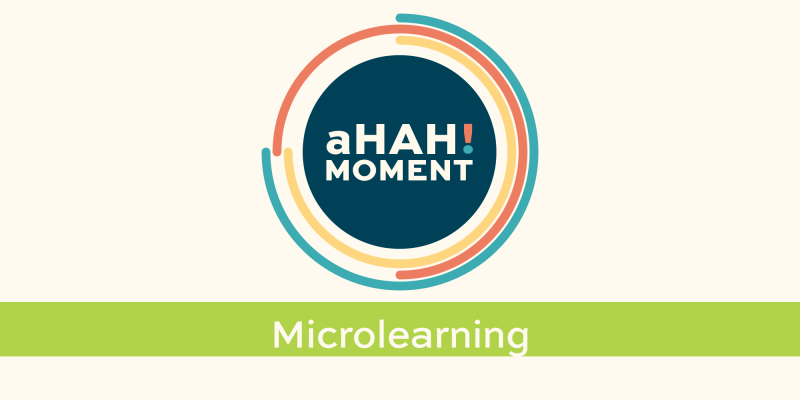Antimicrobial resistance presents an imminent threat to the future of New Zealanders’ wellbeing and access to effective, safe healthcare. This article describes initiatives for improving antimicrobial stewardship, the New Zealand antimicrobial prescribing landscape as it stands, and actions that can be taken immediately in primary care.
World Antimicrobial Awareness Week

World Antimicrobial Awareness Week
18–24 November
Aligning with the global action plan endorsed by WHO, the prime minister’s chief science advisor recommends collective and urgent action to mitigate the risk of antimicrobial resistance.1,2
One simple action prescribers can take to help keep antimicrobials working is to include a meaningful indication on every antimicrobial prescription, for example, “cystitis” or “lower UTI” rather than “infection”, as this:
- promotes thoughtful antimicrobial prescribing
- facilitates communication between healthcare providers, and with patients
- supports timely review of the ongoing appropriateness of antimicrobial use
- provides justification for non-guideline-compliant prescribing
- reduces patient harm from inappropriate antimicrobial use and prescription misinterpretation
- assists quality improvement auditing.3
To find out more about slowing the progression of antimicrobial resistance, visit the Pharmaceutical Society of New Zealand antimicrobial stewardship page.
References
- World Health Organisation. World Antimicrobial Awareness Week 18 – 24 November. www.who.int/campaigns/world-antimicrobial-awareness-week/2022 Accessed October 2022.
- Office of the Prime Minister’s Chief Science Advisor. Kotahitanga Uniting Aotearoa against infectious disease and antimicrobial resistance: A report from the Prime Minister’s Chief Science Advisor, Kaitohutohu Mātanga Pūtaiao Matua ki te Pirimia. December 2021. Accessed October 2022. www.pmcsa.ac.nz/topics/antimicrobial-resistance-and-infectious-disease
- NZ Antimicrobial Stewardship/Infection Pharmacist Expert Group. Document the Indication. World Antimicrobial Awareness Week 2020. Resources found at www.psnz.org.nz/practicesupport/antimicrobial/indication. Accessed October 2022
